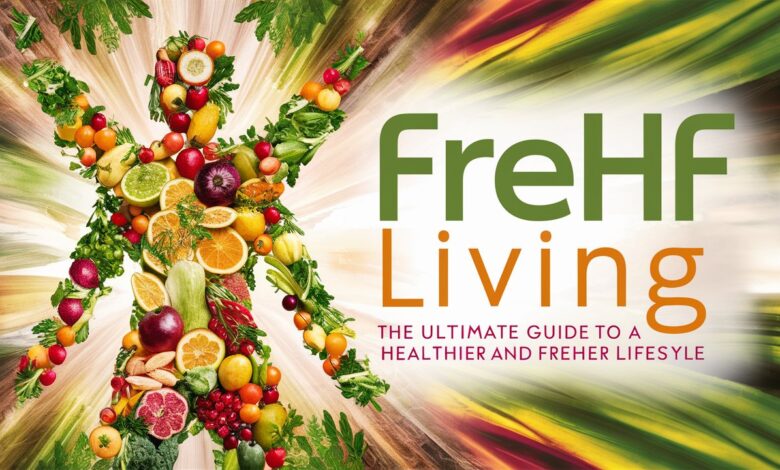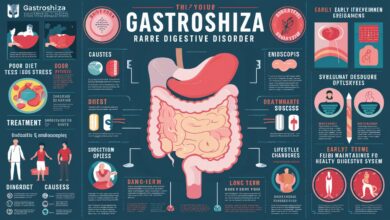“FreHF Living: The Ultimate Guide to a Healthier and Fresher Lifestyle”

In today’s fast-paced world, maintaining a FreHF (fresh) lifestyle can be challenging, yet it’s more important than ever. With processed foods dominating supermarket shelves and busy schedules pushing people toward convenience meals, the true essence of freshness often gets lost. But what does it mean to live a FreHF life, and why should you care? This guide explores the benefits of incorporating fresh habits into your daily routine, from eating whole foods to adopting mindful practices that enhance well-being. Whether you’re a health enthusiast or just starting your wellness journey, these insights will help you make smarter, fresher choices.
Why FreHF Living Matters
Living a FreHF lifestyle goes beyond just eating fresh fruits and vegetables—it’s about embracing a holistic approach to health. Processed foods often contain preservatives, artificial flavors, and excessive sugars, which can negatively impact energy levels, digestion, and long-term health. On the other hand, fresh, whole foods provide essential nutrients, antioxidants, and natural enzymes that support bodily functions. Studies have shown that diets rich in fresh produce can reduce the risk of chronic diseases, improve mental clarity, and even enhance skin health. By prioritizing FreHF ingredients, you not only boost your physical health but also cultivate a deeper connection with the food you consume.
How to Incorporate FreHF Habits into Your Daily Routine
Transitioning to a FreHF lifestyle doesn’t have to be overwhelming. Start by making small, sustainable changes, such as shopping at local farmers’ markets, meal prepping with seasonal produce, and reducing reliance on packaged snacks. Cooking at home allows you to control ingredients and avoid hidden additives. Additionally, staying hydrated with fresh water, herbal teas, or infused drinks can further enhance vitality. Another key aspect is mindfulness—eating slowly and savoring each bite helps improve digestion and satisfaction. Over time, these habits become second nature, leading to lasting health benefits.

The Environmental Impact of Choosing FreHF
Opting for FreHF foods isn’t just good for your body—it’s also beneficial for the planet. Processed foods often involve extensive packaging, transportation, and resource-intensive production, contributing to environmental degradation. In contrast, fresh, locally sourced ingredients typically have a smaller carbon footprint. Supporting sustainable farming practices and reducing food waste by properly storing perishables can further minimize ecological harm. By adopting a FreHF lifestyle, you contribute to a healthier ecosystem while nourishing yourself with cleaner, more ethical food choices.
Conclusion
Embracing a FreHF lifestyle is a powerful step toward better health, increased energy, and environmental sustainability. By prioritizing fresh, whole foods and mindful habits, you can transform your well-being from the inside out. Start with small changes, stay consistent, and enjoy the long-term rewards of living fresher and healthier.
FAQ Section
1. What does “FreHF” mean?
“FreHF” appears to be a variation of “fresh,” emphasizing a lifestyle centered around natural, unprocessed foods and mindful living.
2. How can I keep my food FreHF for longer?
Store perishables properly (e.g., leafy greens in airtight containers, berries in paper towels), use vacuum sealers, and freeze excess produce to extend freshness.
3. Is a FreHF lifestyle expensive?
Not necessarily—buying seasonal produce, shopping locally, and reducing food waste can make fresh eating affordable.
4. Can processed foods ever be part of a FreHF lifestyle?
Occasional processed foods are fine, but the focus should be on whole, minimally processed ingredients for optimal health.
5. How does FreHF living benefit mental health?
Fresh foods rich in omega-3s, antioxidants, and vitamins support brain function, reducing risks of depression and cognitive decline.


